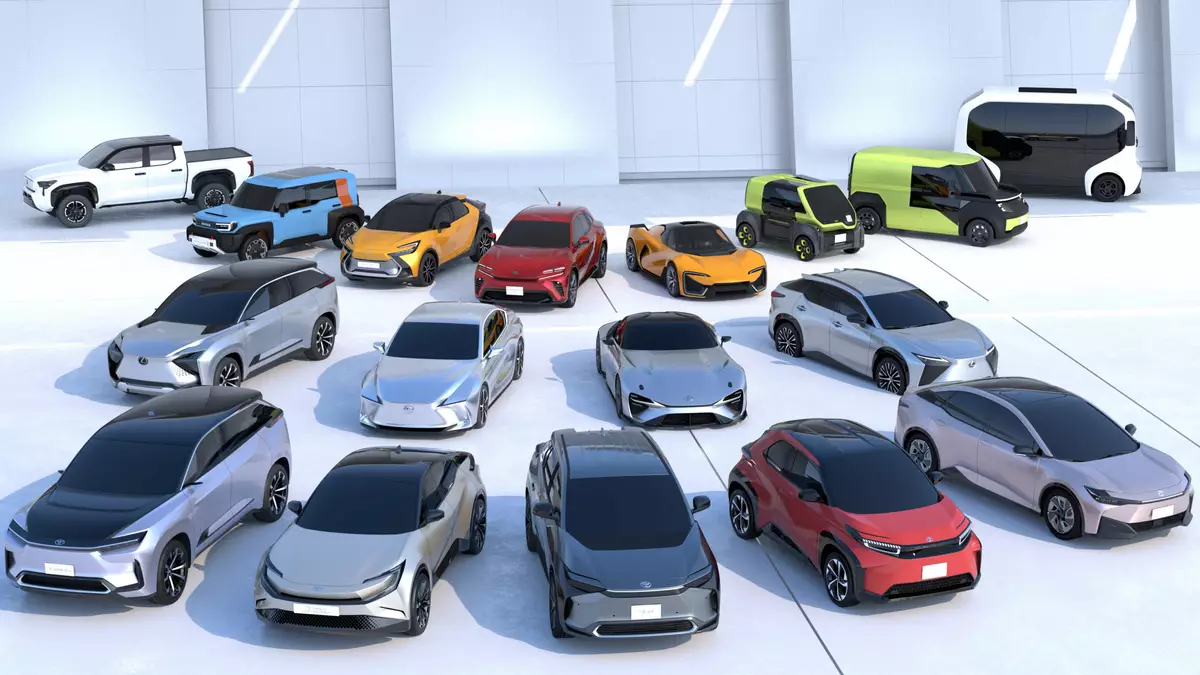As we step into 2024, it’s striking to note that three major automakers have already shifted gears on their electric vehicle (EV) strategies.
General Motors from the U.S., Jaguar Land Rover from Britain (or perhaps India?), and now the venerable German automaker have all dialed back their commitments to all-electric fleets, opting instead for a blend of hybrids. Surprisingly, each announcement has been met with a surge in share prices.
This shift contrasts sharply with sentiments just a year ago when Toyota was criticized for its cautious approach to EVs. Now, investors seem to favor the pragmatism of hybrid technology. Toyota’s recent record profits attest to this shift in sentiment, with the company even offering its suppliers higher compensation voluntarily.
It’s becoming evident that the road to widespread EV adoption is longer than initially anticipated. Shareholders, primarily concerned with profitability, are signaling their preference for diversified portfolios rather than a singular focus on EVs.
This sentiment aligns with the understanding that the transition to electrification is complex and multifaceted. The fundamental challenge lies in the perceived value proposition of EVs, both for investors and consumers.
Despite their technological prowess, EVs face significant hurdles in terms of depreciation and resale value. Unlike traditional cars, where depreciation follows predictable patterns, the rapid evolution of EV technology poses uncertainties about long-term value retention.

Consider the analogy of purchasing a high-end smartphone. Consumers expect their investment to hold value over time, but the constant cycle of upgrades undermines this expectation. Similarly, the lack of standardized infrastructure and concerns about battery longevity further complicate the value proposition of EVs.
The inherent complexity of EVs presents challenges for prospective buyers in assessing vehicle condition and reliability. Unlike combustion engines, where issues are often detectable through sound and performance, diagnosing EV problems requires specialized knowledge and equipment.
Yet, amidst these challenges, there remains optimism for the future of EV technology. Advances in solid-state batteries offer promise for addressing key concerns such as recyclability and manufacturing costs. However, widespread adoption of these innovations is still several years away, limiting their immediate impact on the market.
Ultimately, the transition to EVs requires a concerted effort from governments and automakers to address consumer concerns and incentivize adoption. Until EVs demonstrate comparable value and reliability to traditional vehicles, widespread acceptance may remain elusive.
In the meantime, the automotive industry must continue to innovate and evolve, addressing the concerns of both investors and consumers to pave the way for a sustainable future.
Also read: Passenger EV Outweighs GMC Hummer Despite Being Labelled ‘World’s Largest’

